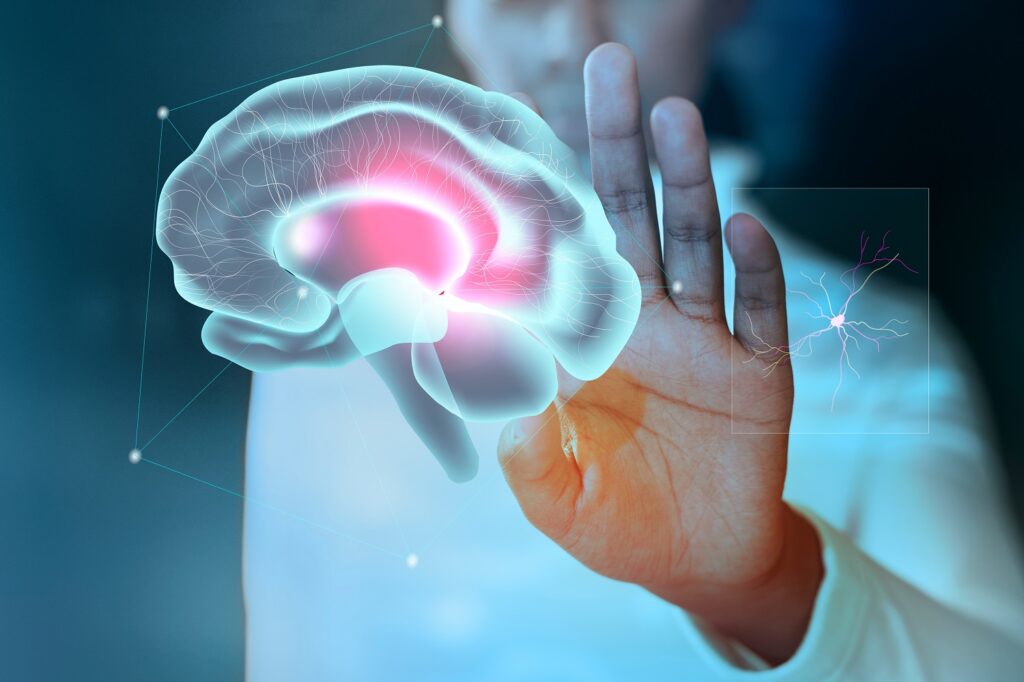A 30-year-old man of Punjabi ethnicity presented with salivary dribbling, urinary incontinence, and profound psychomotor retardation. The patient was regularly smoking cannabis before admission. On admission he was mute, stuporous, lying in bed and staring at the ceiling. During admission extensive differentials were analyzed including mood disorders, schizophrenia or psychosis, drug abuse or poisoning, as underlying triggers for his problem. He also had a finding of FIRDA (frontal intermittent rhythmic delta activity) on his electroencephalogram.
Results
b) Depression with catatonia
Catatonia is defined as a neuropsychiatric syndrome with an unusual combination of motor, mental, vegetative, and behavioral signs. Catatonic depression is when catatonia arises together with depression. Catatonia has been vigorously associated with schizophrenia and mood disorders. If catatonia is considered a separate entity, sensitivity to medications, recreational drugs, and emotional stressors could all be precipitating factors. Psychiatric causes of catatonia are typically associated with underlying psychotic or mood disorders.















